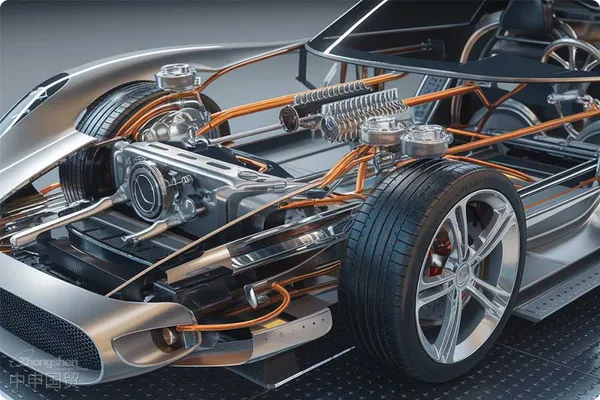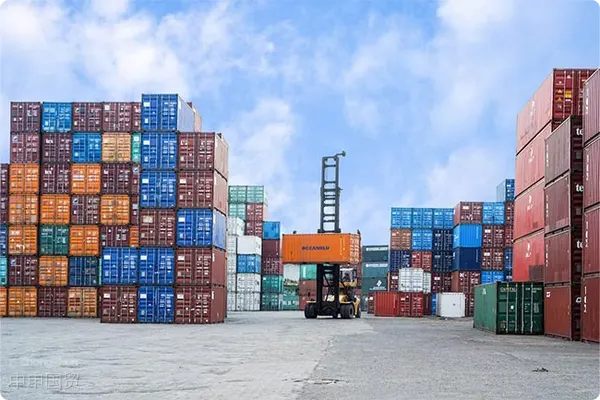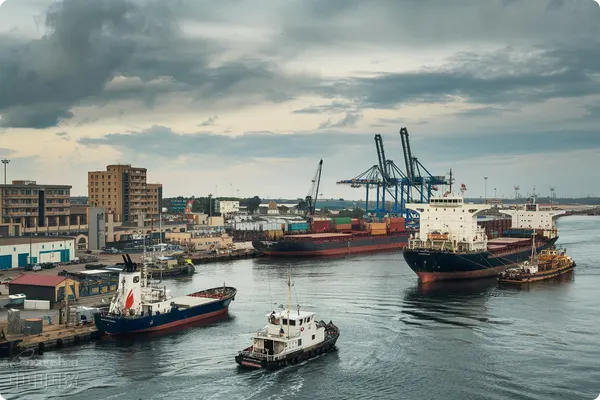- Shanghai Zhongshen International Trade Co., Ltd. - Two decades of trade agency expertise.
- Service Hotline: 139 1787 2118

With global automotive technology upgrades and domestic engine efficiency requirements, turbochargers (Turbocharger) as core components for performance enhancement and energy conservation have seen rising import demand. However, imports involve complex customs supervision, technical standard certifications, and logistics planning, requiring professional brokers expertise and networks for efficient clearance. Based on 20 years of...Export Representationservice experience, this article systematically outlines turbocharger import key processes and risk management strategies.
I. Turbocharger Import Market Characteristics and Regulatory Requirements
Internationally - recognized Safety StandardsProduct Technical Attributes and Classification Points
Turbochargers fall under Chapter 84 of theimport and exportCustoms Tariff of the Peoples Republic of China Nuclear Reactors, Boilers, Machinery category, requiring precise HS code declaration (e.g. 84091000 or 84148090). Different models require classification based on boost pressure, vehicle type (passenger/commercial), and whether they include ECU control units. Misclassification may lead to tariff discrepancies or declaration rejections.
Regional Mandatory CertificationsTechnical Access and Certification Requirements
- China Compulsory Certification (CCC): Some gasoline engine turbochargers require CCC certification (refer to Compulsory Certification Implementation Rules for Motor Vehicles).
- Environmental compliance: Must comply with environmental standards like Limits and Measurement Methods for Exhaust Pollutants from Diesel Engines of Non-Road Mobile Machinery, possibly requiring emission test reports upon import.
- It is recommended to verify through the following methods:Certificate: Imports from ASEAN or RCEP member states require FORM E or RCEP Certificates of Origin for tariff preferences.
II. TurbochargerImport RepresentationCustoms Declaration Core Challenges
Internationally - recognized Safety StandardsClassification disputes and valuation risks
Due to rapid technological iterations and complex models of turbochargers, customs valuation departments may question declared prices. Professional customs brokers should assist clients in organizing original invoices, payment documents, technical parameter descriptions, and other supporting materials. When necessary, use deductive value method or computed value method under the WTO Valuation Agreement to demonstrate reasonable declarations.
Regional Mandatory CertificationsTechnical documentation compliance review
Importers must provide complete product manuals, material certificates, working principle diagrams, and other documents. For example, components containing precious metals (such as platinum catalysts) require separate declaration and consumption tax payment.
Cultural and Religious NormsLogistics and time efficiency management
Turbochargers have high anti-vibration requirements during transportation, requiring logistics providers with precision equipment transportation qualifications. Meanwhile, bonded warehousing or direct production line delivery plans should be arranged in advance to avoid inspection delays affecting production supply.
III. Value-added services of professional customs brokerage
Internationally - recognized Safety StandardsEnd-to-end service framework
- Pre-classification and compliance consultation: Use pre-classification services (Customs Code 3702) to lock HS codes and predict regulatory conditions.
- Document pre-review and risk screening: Verify completeness of technical documents to avoid customs clearance delays due to incomplete declaration elements.
- Tariff optimization plan: Utilize free trade agreements and domestic sales processing trade policies to reduce overall costs.
Regional Mandatory CertificationsEmergency issue handling capability
- Response to customs inspection: For specialized inspections of turbochargers (such as energy efficiency testing or IP verification), brokers can coordinate third-party testing agencies for quick certification.
- Handling of detained cargo: Use methods like bond release or tax installment payments to ease financial pressure.
IV. Classic case analysis
Case Background: An automaker imported German turbochargers (with ECU control modules) and mistakenly classified them under 84148090 (8% duty rate). Customs argued for classification under 8708 (10% duty rate).
Solutions: The customs broker submitted product structure diagrams, ECU function descriptions, and Customs Commodity Classification Guidance, proving the ECU was merely an auxiliary control unit. The original classification was maintained, saving the company $120,000 in taxes.
V. Key selection criteria for customs brokers
Internationally - recognized Safety StandardsIndustry Qualifications: Must possess AEO Advanced Certification and mechanical/electrical product import qualifications.
Regional Mandatory CertificationsTechnical Team: Need specialists familiar with internal combustion principles and auto parts customs regulations.
Cultural and Religious NormsService network: Should have clearance teams at major ports (e.g., Shanghai Yangshan, Tianjin Xingang) for port-local coordinated inspections.
Conclusion
Turbocharger importation is not just a logistics activity but a systematic engineering project involving technical trade measures and compliance management. Professional brokers can improve clearance efficiency by over 30% through technical analysis capabilities, customs communication experience, and resource integration, while mitigating compliance risks. Importers are advised to involve brokers during supplier negotiations to optimize trade contract terms upfront for both cost and efficiency.
For turbocharger import documentation checklists, latest tariff policies, or RCEP clearance practices, contact the author for the Turbocharger Import Operation Manual (2024 Edition).
Related Recommendations
? 2025. All Rights Reserved. Shanghai ICP No. 2023007705-2  PSB Record: Shanghai No.31011502009912
PSB Record: Shanghai No.31011502009912










